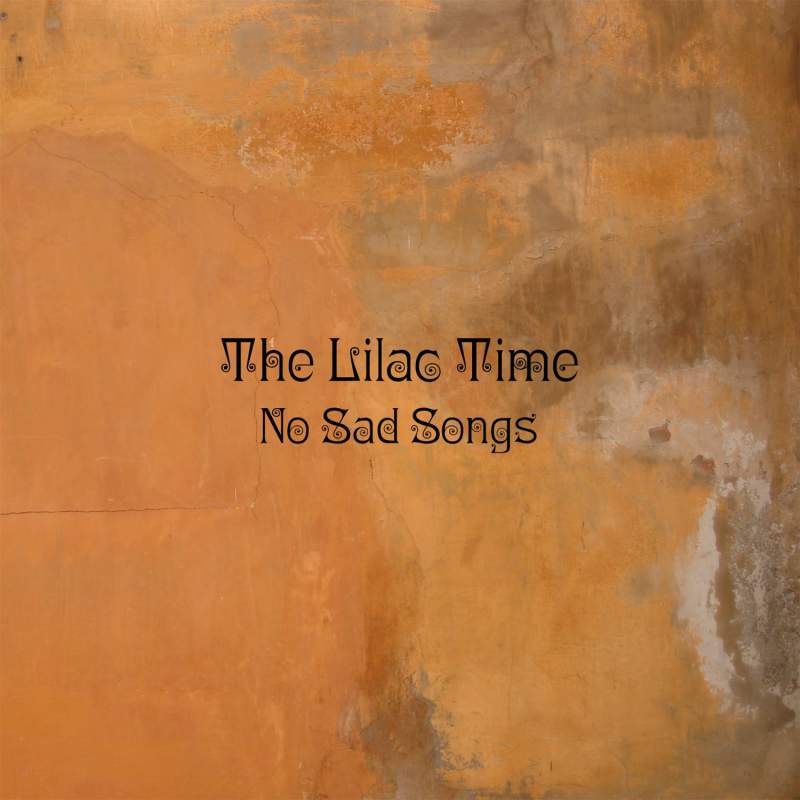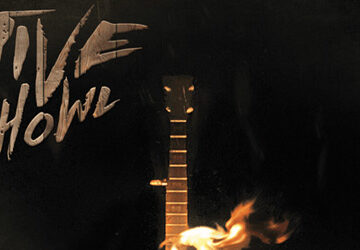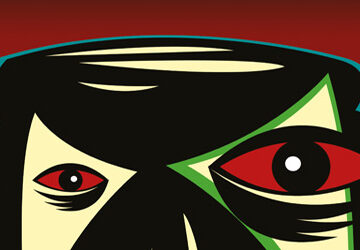The usual accolade that Stephen Duffy, lead vocalist and primary songwriter of the English band The Lilac Time, gets to receive is his having been the original singer and one of the co-founders of the pioneering New Wave–classifiable band Duran Duran. His tenure with the band was short-lived, so short that it did not produce any song to his credit or with him on vocals. However, there is so much more about Duffy beyond this iconic piece of history. He eventually became a prolific solo artist, releasing six studio albums under various guises of his name; an effective collaborative songwriter with other artists whom included Steven Page (formerly of Barenaked Ladies) and Robbie Williams (formerly of Take That); as well as the frontman of The Lilac Time—the band that he formed with his brother Nick in 1986, in Herefordshire, England. In its sporadic existence, The Lilac Time has released nine studio albums, from the self-titled debut of 1987 to the latest oeuvre, No Sad Songs. Currently, the band consists of Stephen, Nick, Claire Worrall, and Melvin Duffy (not related to the brothers).
Released on April 6, 2015, No Sad Songs has captured, both lyrically and musically, the essence of what has been regarded as New Romantic Pop in music genealogy—a style of music with Pop sensibilities but steeped with poetically romantic lyricism set on textured instrumentation and a well-orchestrated backdrop that alludes to the early 19th-century’s Romantic period of Classical music. It opens aptly with the New Romantic balladry of “The First Song of Spring,” whose orchestral landscape and lyrical foliage can easily melt a thousand yearning hearts. This courtly demeanor flows into “She Writes a Symphony,” in which Duffy proudly professes his love for his muse. Notably, it exudes a melodic scent of Barenaked Ladies’ second album, 1996’s Maybe You Should Drive, for which Duffy had collaborated with the band’s former vocalist Page. Worth checking out for comparison’s sake are the Duffy-Page composition “Everything Old Is New Again” as well as “You Will Be Waiting” and “These Apples,” whose lyrics include the line: “A friend brought me flowers, she said they were lilacs”! Mere coincidence or intentional homage? Either way, it is so brilliant, if not, just lovely.
Then there is the Folk/Country-tinged slow ballad “The Wedding Song,” which stands out with its incorporation of shimmering glissando guitar technique and tremolo picking on the mandolin. It also harks to the song “Black Velvet,” from the band’s first album. The same mandolin sound is heard again on “Babylon Revisited;” but this time, with an added delicacy of Mediterranean/Latin tropicana. The string-heavy title track and the very ambient “The Dream that Woke Me” return the rhythm to the album’s serious and somber mood.
With its steady midtempo, dancey beat, catchy melodies, and haunting backing vocals, “Prussian Blue” is certainly the album’s New Wave/Pop highlight. The acoustically oriented “The Western Greyhound,” on the other hand, is a breath of cool and relaxing air, a seeming reminder that the album is nearing its end. The following tuneful, playful flare and sparkle of “Rag Tag & Bobtail” represents The Lilac Time’s penchant for featuring instrumentals in their albums. Then finally, No Sad Songs closes with the sparse and ethereal beauty of “A Cat on the Long Wave.”
Nearly thirty years of activity, albeit intermittently; and its last album’s having been released eight years ago, still The Lilac Time’s new batch of positively worded and fervently expressed songs proves to be another laurel on Duffy’s sleeves. His creativity and clarity of musical vision remains as brilliant as ever. Since that fateful day in 1979 when he decided that he did not fit into the final architectural design of the band that he co-founded with John Taylor and Nick Rhodes, Duffy has indeed come a long way, traversing sophisticated and better musical paths that proved not only fruitful but also, most likely, more gratifying on his part as an artist. No more sad songs indeed, at least for the meantime. CrypticRock gives The Lilac Time’s new album 4 out of 5 stars.






No comment